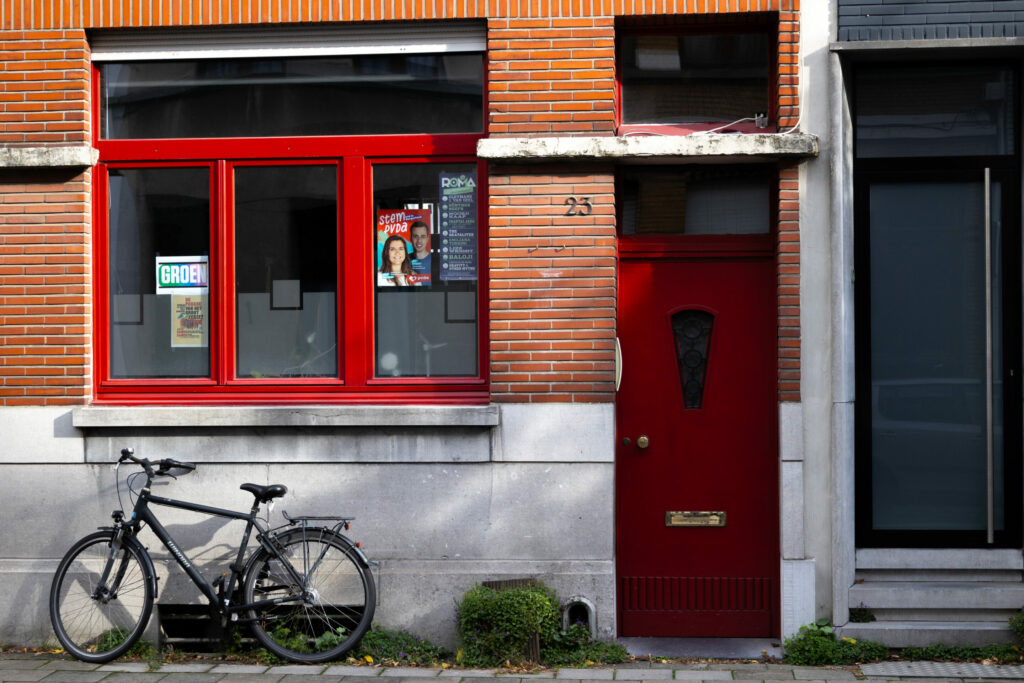Brussels has long been battling a housing crisis, and Flanders is now following suit. The number of prospective tenants continues to rise, while supply is plummeting.
The rental market in Flanders is under unprecedented pressure, according to the annual barometer by Dewaele Real Estate Group. One key issue is the cost of rent: average costs for a house surpassed €1,000 per month (+3%) for the first time. Flat prices rose even more sharply (+5%) to an average of €841 per month.
"When you know that the average net income in Flanders is just under €2,800, it becomes clear that affordability is a big issue," Managing Director Filip Dewaele, said.
Skyrocketing prices are the result of insufficient supply, which is now under even more pressure. "While demand continues to rise (+10% compared to 2024), the number of rental properties on offer fell for the first time in 2024," De Waele said. The number of available rental properties on the market dropped by 16%.
"Three years ago there were an average of 12 candidates per rental property, today there are as many as 34." This means that, for every property that is let out, 33 prospective tenants are left empty-handed.
Solutions needed
The supply and demand gap has reached a dramatic low in the Dutch-speaking region. The situation is particularly dire in certain provinces. For example, in Antwerp, there are now 47 candidates per property. "Outliers of 100 applications for a single property are no longer an exception," said Dewaele.
The agency argued that this is the result of years of policies that discourage real estate investment. "Currently, only building owners are eligible for the reduced VAT rate on demolition and reconstruction. That measure should be extended to investors buying through property developers." Dewaele added that landlords should be fiscally rewarded for creating new homes, not taxed as if they were buying a second home.
It has demanded urgent action to turn the tide. "Without drastic measures, we are heading for an unprecedented rental crisis," he said. Deawele noted that vowing to build more social housing – which the Flemish government is working on – is a good thing. "But permit processes take years. If the government wants to respond quickly to the needs of the rental market, it must also work with the private sector. Investing is the only way to increase supply."
However, striking a balance is challenging, as increased investment in buy-to-let properties drives up the purchasing price of houses and flats. This makes it more difficult for the average Belgian to buy a first property.
Related News
- Belgian households are richer than ever
- How expensive was property in 2024 - and what will prices do this year?
- What's the outlook for Belgium's construction sector in 2025?
In the meantime, prospective tenants are advised to bring all the necessary documents, such as income proof, to house visits. "This gives you a better chance of finding a suitable property quickly."
Alarm bells have been going off in Brussels for longer. Rental contracts stood at an average of €1,249 per month in 2023 – almost €100/month more than in 2022. This is also the result of demand surpassing supply. Reports of one in three landlords considering selling up fuelled concerns that this could further exacerbate the crisis.

